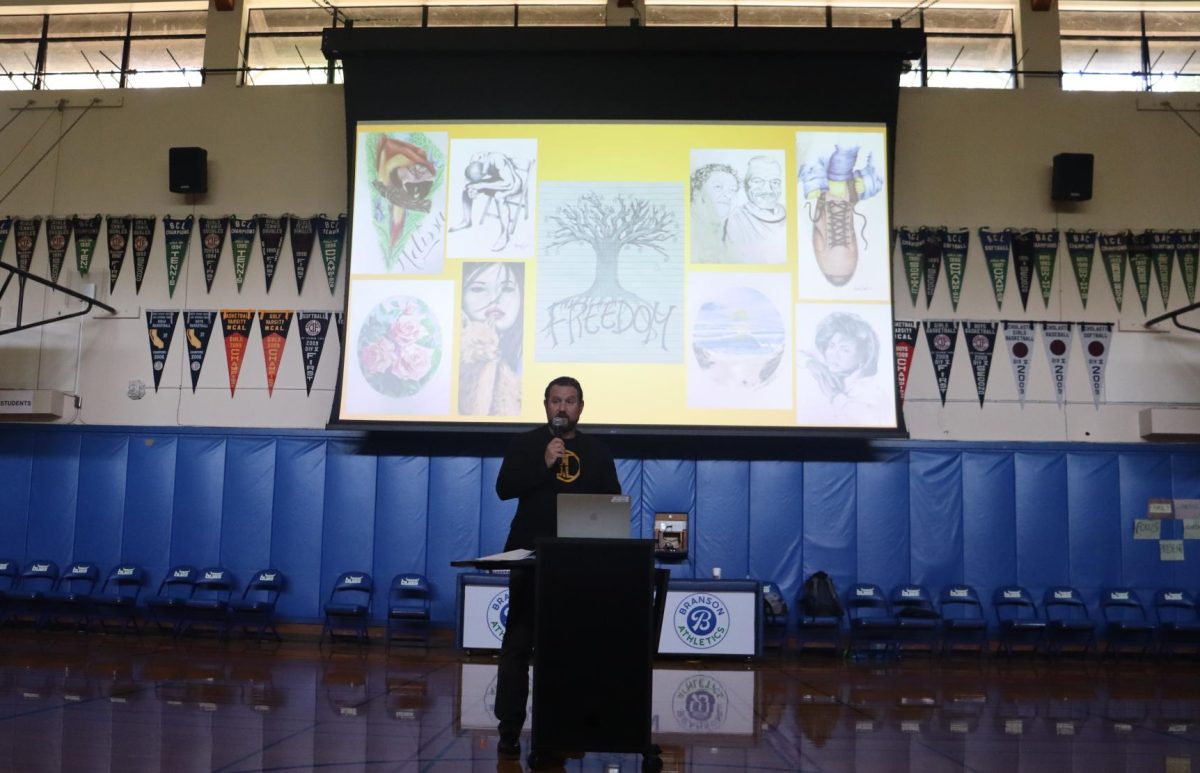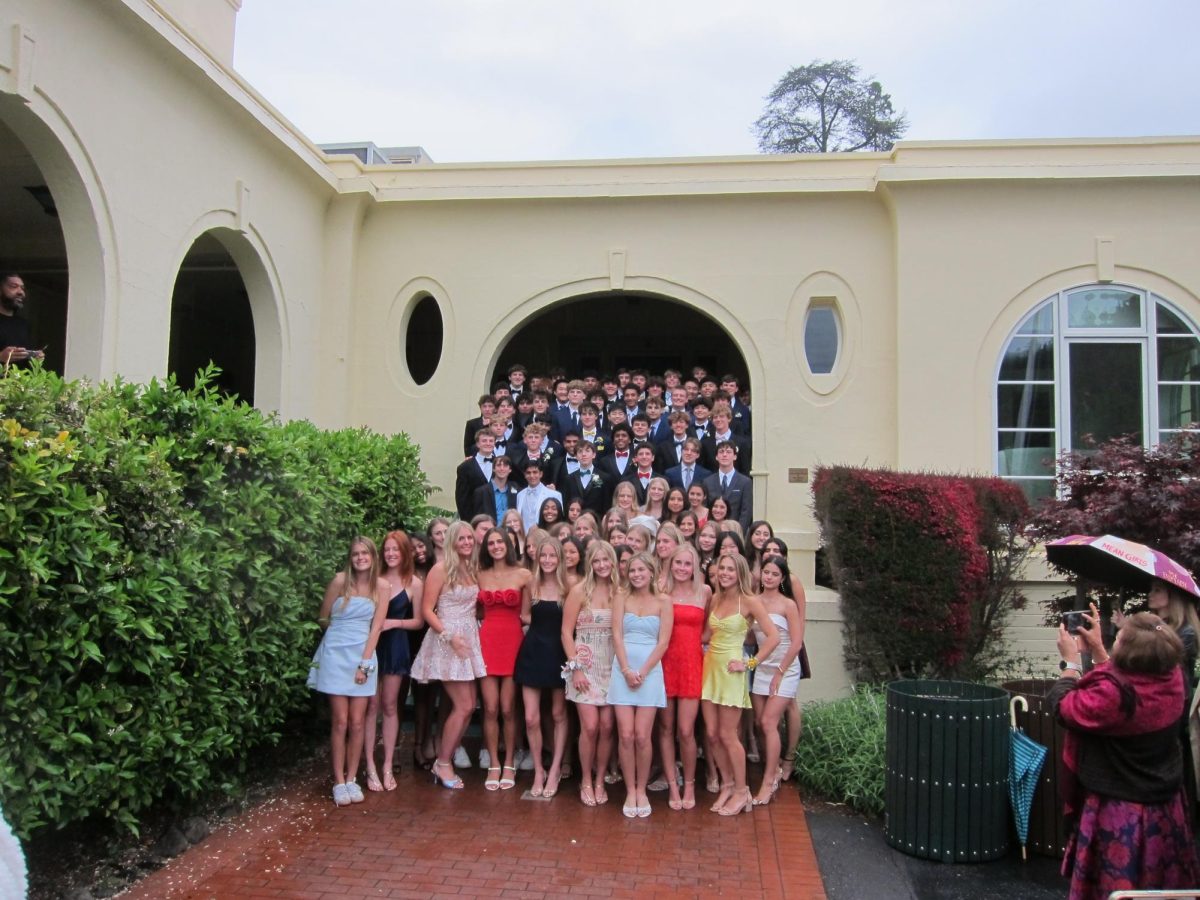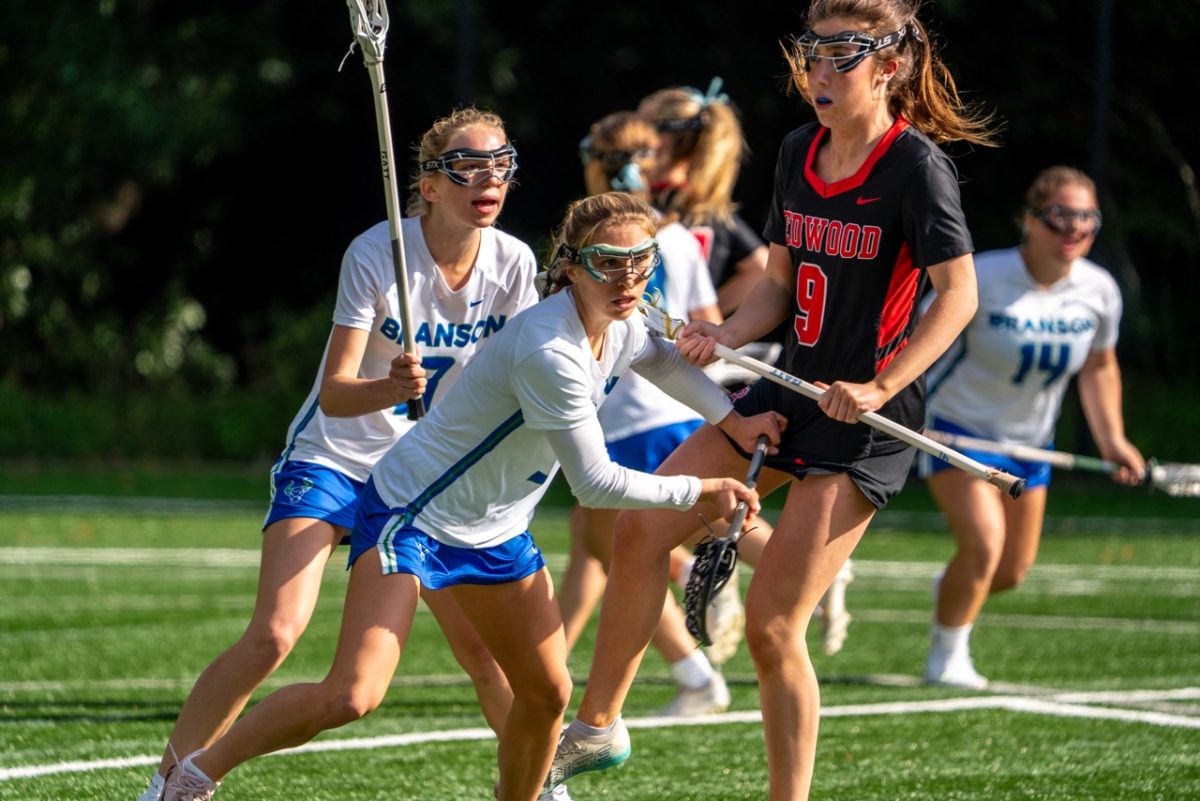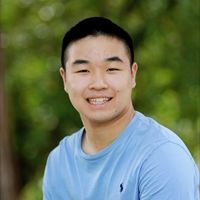Imagine being falsely accused by a teacher for using ChatGPT on an essay that was completely the result of your work. That feeling of injustice in being held accountable for something that was not your fault, magnified several hundred times, is how it feels for people falsely imprisoned for crimes they did not commit.
And instead of just having to pay a visit to the honor board, those that are convicted are sentenced for years, and even sometimes executed. This was the analogy Branson music teacher Jaimeo Brown used to introduce the issue the Innocence Project exists to combat.
During a special assembly Wednesday, Oct. 9, the Branson community gathered to hear from Todd Fries, the executive director of the Northern California Innocence Project, which is part of the more expansive organization, the Innocence Project. Fries focused on the impact of wrongful convictions and the essential work of the Innocence Project in fighting for justice.
Fries shared about the organization’s mission to assist individuals wrongfully convicted of crimes through discovering new evidence. The Innocence Project’s work addresses flaws in the criminal justice system, particularly their disproportionate effect on marginalized communities.
Brown, who helped facilitate the event, originally met a lead investigator of the Innocence Project at one of the organization’s gala events, who coincidentally played the saxophone.
After hearing the investigator describe his work, Brown said, “I was really drawn to it because a lot of the things that I do musically are connected with social justice ideas.”
Brown helped to convey the importance of the Innocence Project’s work, in how they help wrongfully convicted individuals find their way back to freedom and justice. He also mentioned his interest in the ties between race and wrongful imprisonment.
“My background being a musician who has studied the history of African American culture and the history of slavery and how the criminal justice system has … played into that history makes it a subject to me that is worth my time and energy,” he said.
In his presentation to the Branson community, Fries highlighted the challenges that arise in seeking justice. One of which is the age of many of the cases they investigate.
“Many of our cases are very old,” Fries said in an interview after the presentation. “When cases are old, it means that documents get lost, evidence gets destroyed, witnesses die, evidence can be contaminated.”
Fries discussed not only the practical challenges, but also the emotional toll that this work takes on both clients and the attorneys involved. He noted that staff members often experience secondary trauma from their work with clients, which can be difficult to manage.
He said, “The work, it can be emotionally draining. That not just me, but our attorneys — everyone in our organization — suffers from secondary trauma … And you put yourself into their shoes, and you say, gosh, my problems are so trivial compared to what they’re going through, and … you feel it.”
Despite these challenges, Fries says he is still able to stay motivated in his work. He says that watching the fighting spirit of his clients to prove their innocence inspires him to do his best for them as well.
“They’re resilient, they don’t give up, they keep fighting because they need to play an active case or an active role in their case if they’re gonna get out — they can’t just be static and do nothing. Watching them work to get themselves freed is inspiring,” Fries said.
Fries recounted a couple of key experiences that influenced his journey, including the stories of clients who had spent years in prison for crimes they did not commit, and his success in helping exonerate them.
“I did work on a case, the case of Armando Ortiz, and we were able to help exonerate him. So playing a part in that and knowing that my work led … essentially to someone being reborn, being able to experience freedom was just … moving to me,” he said. “And so now, gosh, I don’t know how many people I’ve seen freed and helped to free since then. Every time … someone gets out, it’s a pivotal moment for me. There’s no feeling like it. It’s emotional, and it never gets old.“
These experiences led him to advocate for systemic change, especially as many cases dealt with outdated evidence, lost documents and the challenges posed by a legal system resistant to reopening cases.
Brown encouraged the Branson community to support the Innocence Project by actively participating in discussions around social justice and engaging in fundraising efforts.
“If we apply all of our core values to the conversation and dialogue with them,” he said, “I believe that that would be the best way that we can bring value to the Innocence Project and we can also receive the most value from the Innocence Project.”




